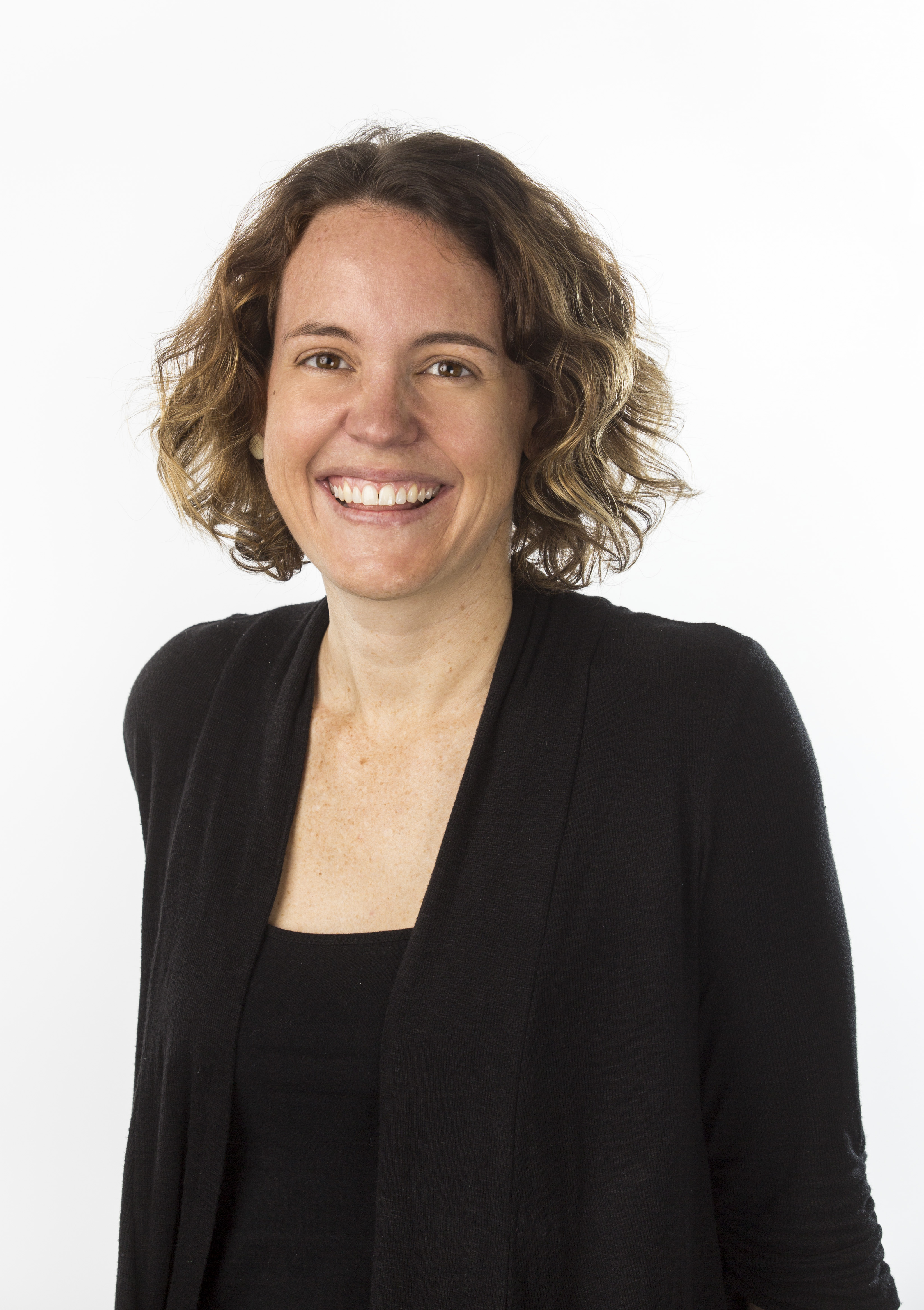.png)
Due to the hugely successful event in May, AILA will be re-running our LATITUDE Masterclass with Kim Markwell again in June.
This LATITUTE session will provide an overview of water sensitive urban design
(WSUD) in Australia. Delivered by Kim Markwell, an expert in WSUD who has
authored several Queensland and national-level guidelines, the session will equip
landscape architects, urban designers, and similar professionals with useful
knowledge and understanding they can apply in their day-to-day professional lives to
achieve better outcomes in their projects. This will be the first in a series of LATITUTE
sessions focusing on WSUD and the roles landscape architects can play in achieving
good design outcomes for communities now and into the future.
Focus of the Session
This online session will focus on the basics of WSUD including what it is, why it’s
important, the important roles for landscape architects and urban designers, and the
use of different WSUD practices. Case studies will demonstrate how WSUD is
undertaken in the real world including how different WSUD practices can be used to
achieve different design outcomes in different landscape scenarios.
Objectives of the Workshop
- Provide participants with a real world understanding of WSUD including its benefits
and common practices (e.g., bioretention systems, wetlands, passive irrigation).
- Provide participants with knowledge they can apply in their day-to-day professional
lives including how to apply different WSUD practices and influence design to
achieve good integrated outcomes in their projects.
Learning Outcomes
- Understand what WSUD is, why it’s important, and its history up to now.
- Understand the benefits WSUD can provide in urban development.
- Be aware of the policy drivers and requirements for WSUD in Australia.
- Understand the role landscape architects, urban designers, and similar
professionals play in the WSUD process and project teams.
- Be aware of common WSUD practices, their different applications, and the benefits
they can provide, including climate change resilience.
- Be aware of common design pitfalls and how to avoid them.
- Be aware of different language used to refer to WSUD in Australia.
- Understand how to choose between and approach the design of different
management practices to advocate for and achieve good design outcomes in
projects.
Audience
This workshop is relevant to landscape architects, town planners, urban designers,
and similar professionals working on WSUD, integrated water management or total
water cycle management projects in Australia.
Format
The three-hour session will be divided into three parts. The first part will focus on
introducing WSUD, the approach and the roles participants can play in the design
process. The second part will focus on common WSUD practices, their design intents,
and suitability for use in different landscape scenarios. The last part will provide
opportunities for questions and answers, open discussions, and networking between
participants and the speaker. Session materials will be shared with participants unless
otherwise advised due to copyright protections.
Speaker

Kim Markwell
Kim is an environmental scientist with a passion for integrating nature and water into
built environments to protect and enhance ecological systems as well as create
vibrant, liveable and sustainable communities. She has been working as a consultant
for over 16 years specifically on the integrated planning and design of green
infrastructure, WSUD and waterways.
Kim has worked closely with clients across Australia in the development of holistic
strategies, policies and designs for green infrastructure including waterway corridors,
stormwater treatment devices, parks and street trees to drive co-investment and
delivery of multiple outcomes from these important assets.
Kim has also been involved in the development of industry training programs and
guidelines to promote the adoption of WSUD across both the urban and rural setting,
including the Concept design guidelines for water sensitive urban design.
Registration
|
Type
|
Details
|
Price
|
|
Member
|
AILA Member
|
$200
|
| Non-member |
|
$300 |